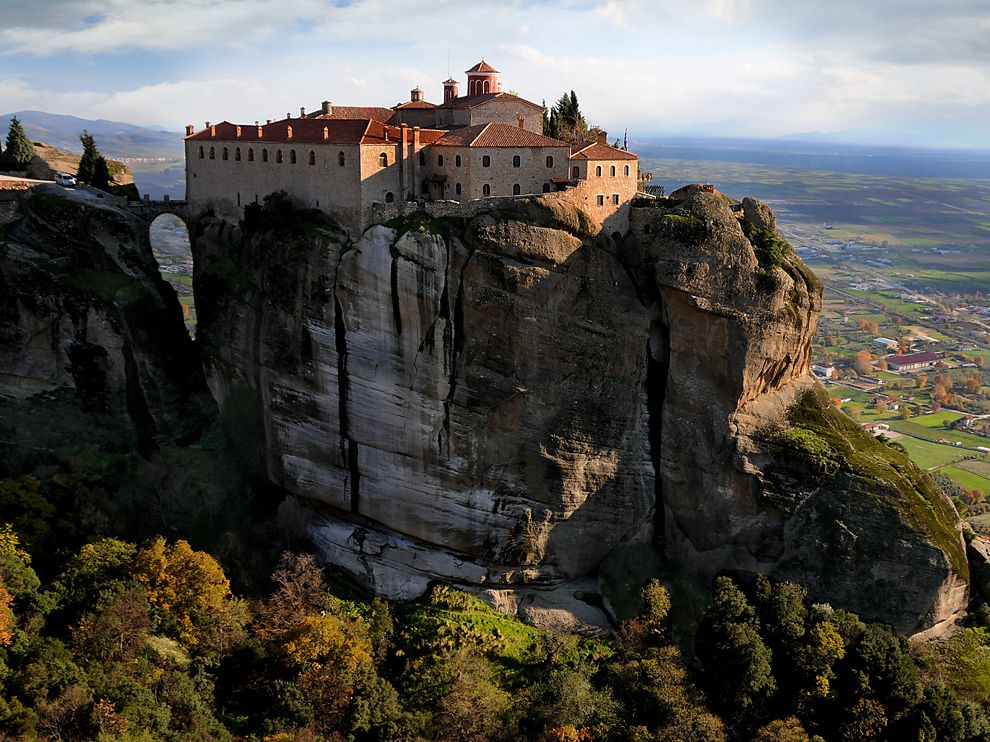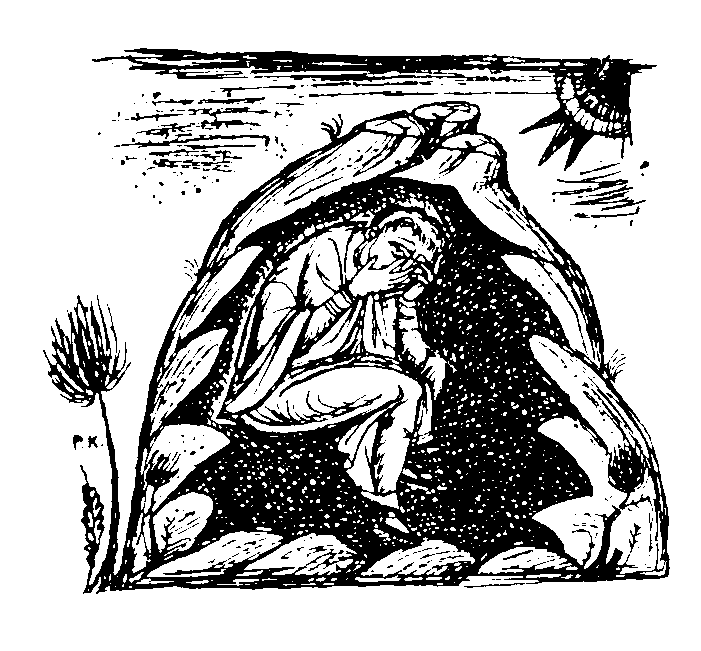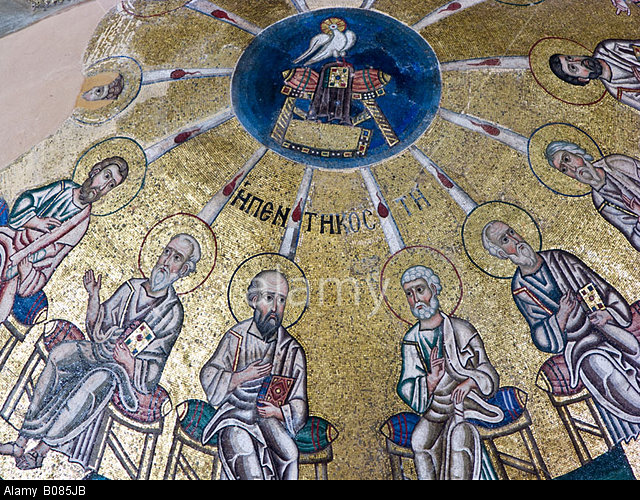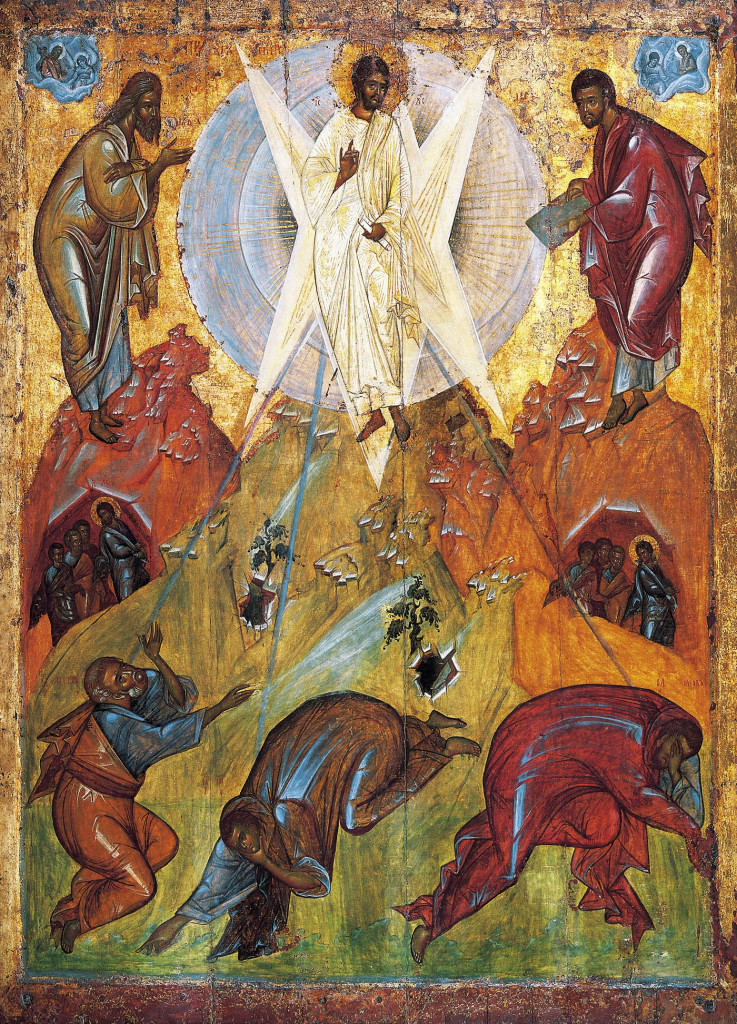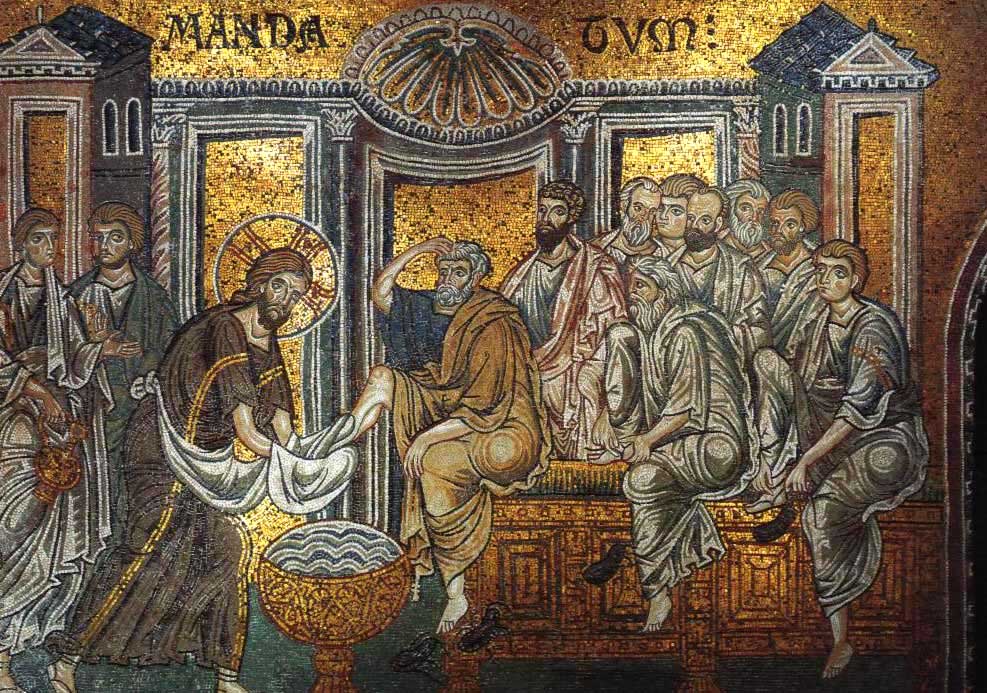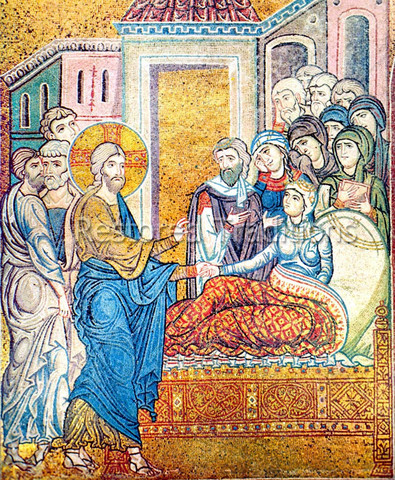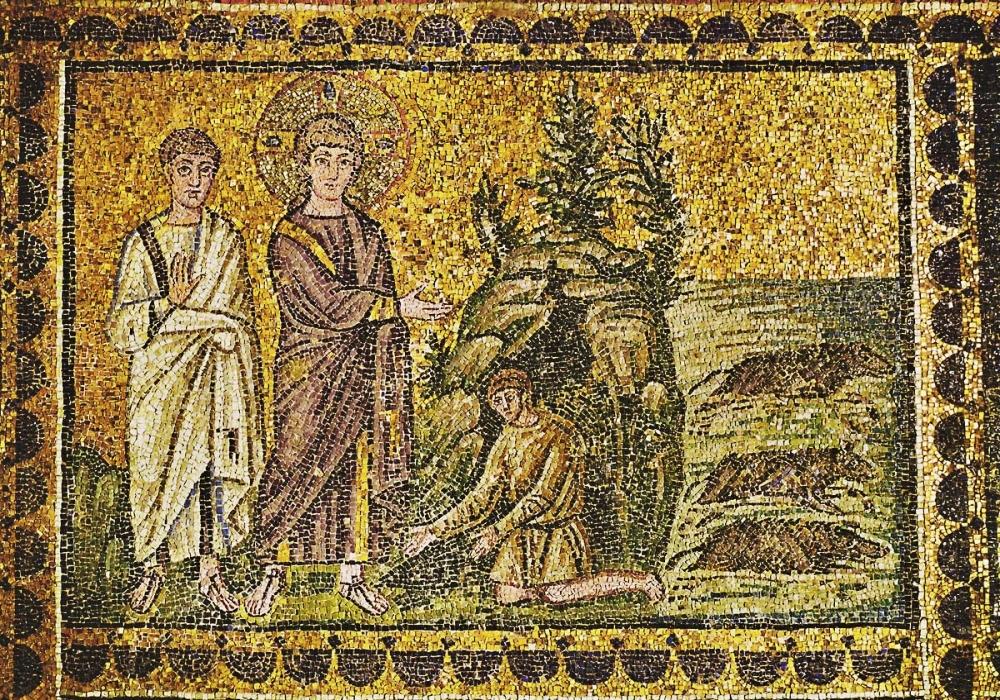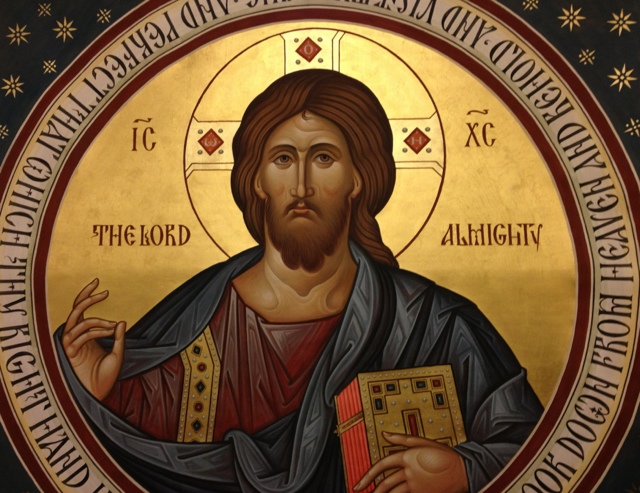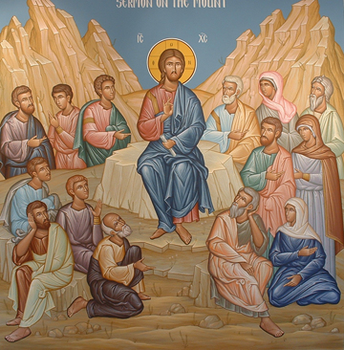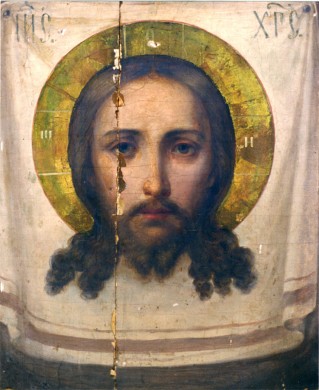You can listen to an audio podcast of this post at https://www.spreaker.com/user/youngfaithradio/lk3wed_2
Wednesday of the 3rd Week of St. Luke
In today’s Gospel, the Lord exhorts us to match our actions to our confession of Faith in Him:
The Lord said: And why call ye me, Lord, Lord, and do not the things which I say? Whosoever cometh to me, and heareth my sayings, and doeth them, I will shew you to whom he is like: He is like a man which built an house, and digged deep, and laid the foundation on a rock: and when the flood arose, the stream beat vehemently upon that house, and could not shake it: for it was founded upon a rock. But he that heareth, and doeth not, is like a man that without a foundation built an house upon the earth; against which the stream did beat vehemently, and immediately it fell; and the ruin of that house was great. Now when he had ended all his sayings in the audience of the people, he entered into Capernaum. – Luke 6:46-7:1
If you are a sincere Orthodox Christian trying somehow to have a conscious spiritual life, these words are always hovering around you, and there is always (one hopes!) at least a slight twinge of conscience. We know we do not fulfill Our Lord’s commandments, and yet we continue to say, “Lord, Lord.” How can we place the house of our soul more firmly on the rock of His commandments?
The first thing to remember is that we must not stop saying, “Lord, Lord,” even though our the disposition of our hearts and our outward deeds do not live up to our words. We have to keep confessing our Faith in Jesus as our Lord and God. If you say, “I do not want to live with the tension of this inconsistency which borders on hypocrisy; I cannot fulfill the Lord’s commandments and therefore I shall give up calling Him my Lord,” this does not overcome your moral failure but, on the contrary, canonizes it. It is an act of cowardice, not nobility, to give up striving because one daily fails. It is an act of courage, not hypocrisy, to repent every day and keep trying.
So here we are, still crying out “Lord, Lord,” and yet imperfectly and unsteadily fulfilling His commandments. What to do? St. Theophan the Recluse, with his unerring sense of the essential, zeroes in on the problem, which is the conversion of the heart:
“Why call ye Me, Lord, Lord, and do not the things which I say?” Why do they call Him Lord, but do not do the Lord’s will – that is, why do they not acknowledge His lordship in their works? Because they only call with their tongue, and not with their heart. If their heart were to utter, “Lord, Thou art my Lord,” then complete readiness would abide therein to submit to the One Whom they confess as their Lord. But since this is not the case, their deeds do not match their tongues; whereas, deeds always match the heart. Well, what then – is there no use in calling “Lord, Lord”? No, that’s not it. But it is necessary to make the external word match the inner word, which is the feeling and disposition of the heart. Sit and reflect upon the Lord and upon yourself; what is the Lord and what are you? Think about what the Lord has done and still does for you, why you live, and how it will end. You will immediately come to the conviction that there is no other way than steadfastly to fulfill the Lord’s entire will. There is no other path for us. This conviction gives birth to a readiness to fulfill in deed what is expressed by the word “Lord.” With such readiness a need for help from above will be awakened, and from it the prayer: “Lord, Lord! Help me and give me strength to walk in Thy will.” And this call will be pleasing to the Lord.” – Thoughts for Each Day of the Year, p. 221
In these few words St. Theophan has laid out for us a simple and do-able plan that will lead to our salvation:
- Sit for a bit and reflect on Who God is and who you are. Think about all that He has done for you: He brought you into existence; without Him you would not exist. He became a man and died for you.
- You will realize quickly that you depend on Him for everything, that you owe Him everything, and that you must do exactly what He wants at all times, or you will perish.
- Cry out to Him and beg Him for help to know and to do His will.
The saint concludes, “And this call will be pleasing to the Lord.” In other words, by the very act of asking Him to help us do His will, we are already doing His will. We are acknowledging His lordship over our lives, admitting our inability to do His will, showing our utter dependence on Him, and fulfilling His commandment to pray and ask Him for that which we need. We have begun to pray from the heart, which is man’s essential function, and therefore at one stroke we have begun to do God’s will in the most essential way.
If we keep at it, then little by little our actions will match our words, because now our words will be coming from the heart and therefore our own created energies will be focused on what needs to be done instead of being scattered in the pursuit of myriad inessentials, and we will simultaneously and directly be invoking the power of God, and therefore His divine and uncreated energies will accomplish what our poor strength cannot do.
Here indeed is in brief a program for the Christian life.
